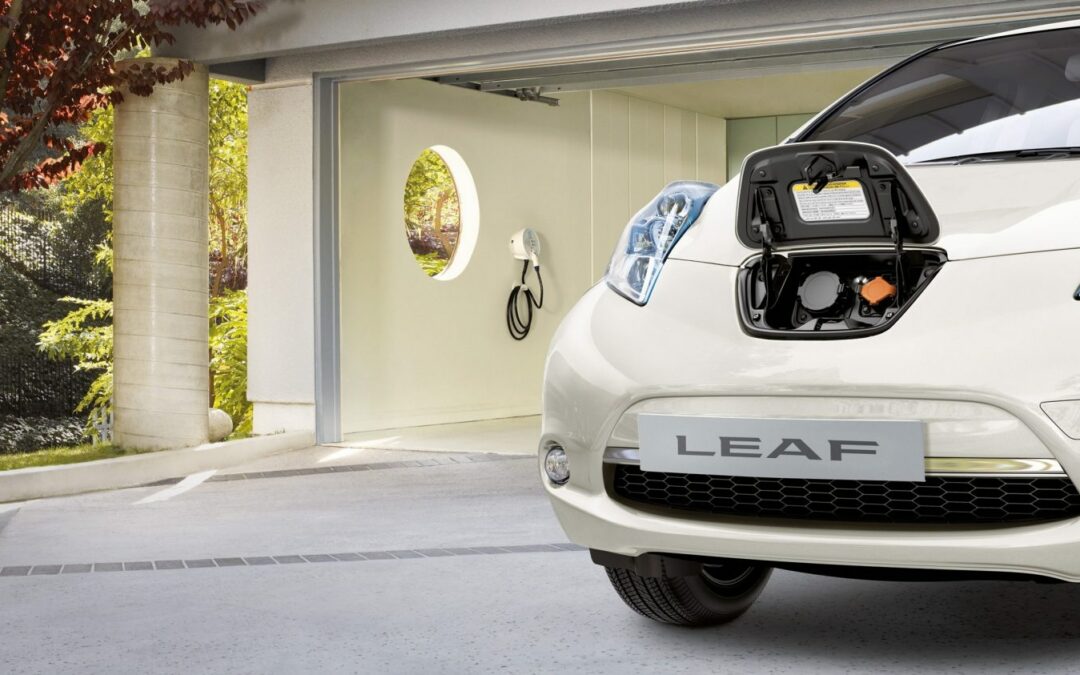


Octopus Energy, a leading energy provider in the UK, has recently introduced the country’s first vehicle-to-grid tariff for electric vehicles (EVs). This innovative offering allows EV owners to sell the power stored in their car batteries back to the grid during peak hours, while also guaranteeing free charging for these vehicle owners.
Under the Octopus Power Pack tariff, EV owners who drive approximately 10,000 miles (16,093km) per year can save over £850 ($1,067) annually. This ground-breaking initiative not only benefits EV owners financially but also contributes to the overall balance of power grids. By utilizing the concept of vehicle-to-grid (V2G) or bidirectional charging, millions of EVs can serve as mobile batteries, supplying power to grids when it is most needed.
Currently, only a limited number of EV models, such as the Nissan Leaf, are capable of bidirectional charging. However, other automakers are expected to introduce V2G-ready models in the coming years. Octopus Energy’s tariff leverages their advanced Kraken tech platform, which charges EVs with affordable and environmentally friendly electricity during off-peak hours. This power is then exported back to the grid during peak demand periods.
To participate in this program, EV owners are required to have their vehicles plugged in for approximately six hours per day and drive less than 12,000 miles per year. By adhering to these guidelines, they can effectively contribute to the grid’s stability and enjoy the benefits of free charging.
Octopus Energy’s launch of the UK’s first vehicle-to-grid tariff marks a significant milestone in the evolution of sustainable energy solutions. This forward-thinking approach not only supports the growth of the EV market but also paves the way for a more efficient and resilient power grid. As more EV models become bidirectional charging capable, the potential for utilizing these vehicles as mobile power sources will only continue to expand.


 Octopus Energy launches first ve...
Octopus Energy launches first ve...



